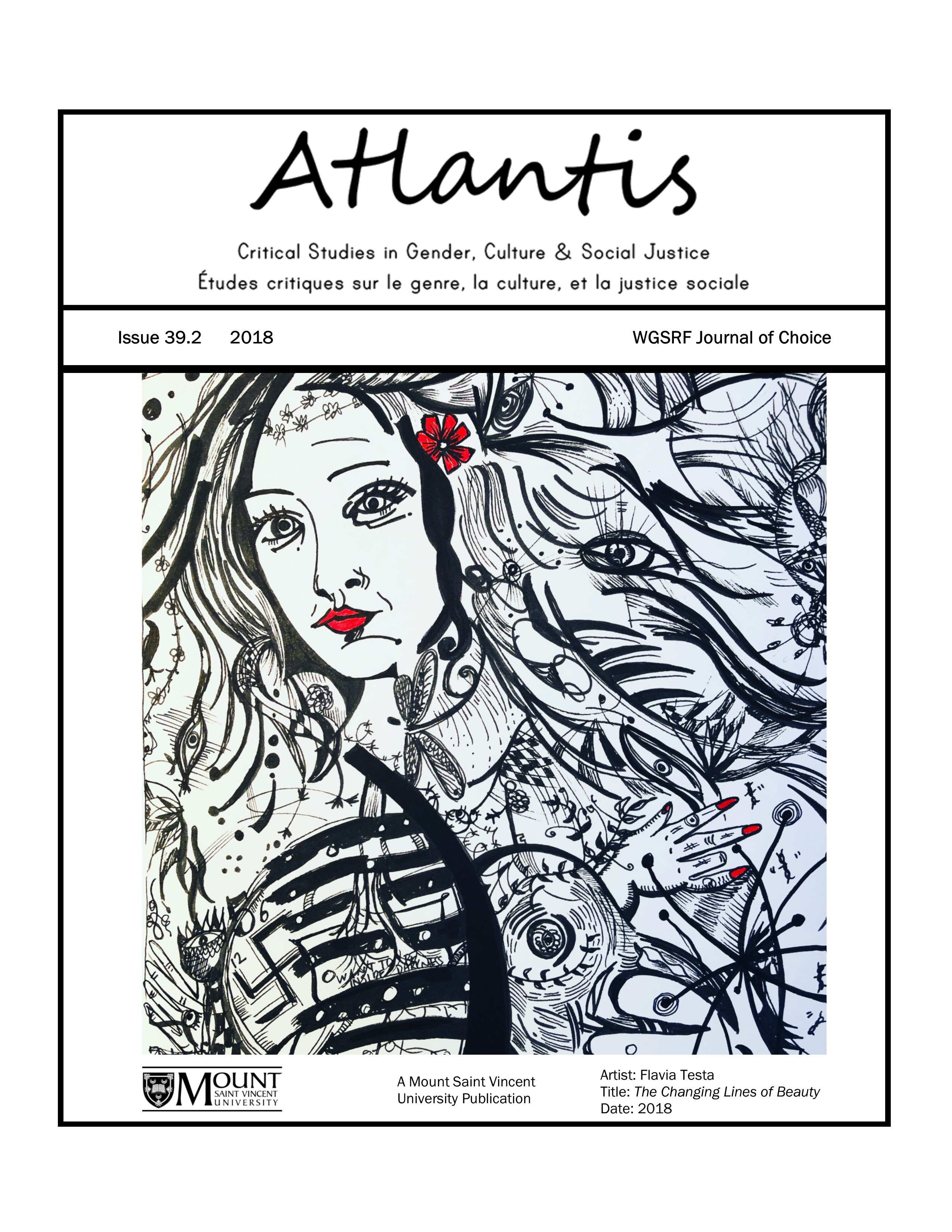Legal Solutions to Street Sexual Harassment in the #MeToo Era
Keywords:
street sexual harassment, #MeToo, street harassment, catcalling, law, sexism, feminism, Canada, United States, criminal, critical legal studies, legislationAbstract
Street sexual harassment is the unwelcome commoditization ofwomen’s bodies by fellow citizen-strangers. This harm is under-recognized by traditional, Anglocentric common law. This paper begins by discussing the #MeToo wave, in particular by suggesting that it is a re-branded version ofthe feminist movement that is helpful but not sufficient to address street sexual harassment. Second, the paper outlines how street sexual harassment harms women. Third, some contextual analysis of why governments and legal systems have been slow to address street sexual harassment are provided. Fourth, the paper assesses the various areas ofthe law that may be used to curb street sexual harassment. Finally, this paper canvasses the ways other governments have taken action against street sexual harassment. Ultimately, this paper argues that the lack of protection of the basic civil right to use the public sphere free of sexual harassment is a failure ofthe Canadian justice system, and a criminal response remains essential. Other methods of legal regulation are inadequate without the social condemnation that criminal law carries.
Downloads
Published
Issue
Section
License
Authors who publish with this journal agree to the following terms:
1. Authors retain copyright and grant the journal right of first publication, with the work simultaneously licensed under a Creative Commons Attribution 4.0 International License that allows others to share the work with an acknowledgement of the work's authorship and initial publication in this journal.
2. Authors are aware that articles published in Atlantis are indexed and made available through various scholarly and professional search tools, including but not limited to Erudit.
3. Authors are able to enter into separate, additional contractual arrangements for the non-exclusive distribution of the journal's published version of the work (e.g., post it to an institutional repository or publish it in a book), with an acknowledgement of its initial publication in this journal.
4. Authors are permitted and encouraged to preprint their work, that is, post their work online (e.g., in institutional repositories or on their website) prior to and during the submission process. This can lead to productive exchanges, as well as earlier and greater citation of published work. Read more on preprints here.







